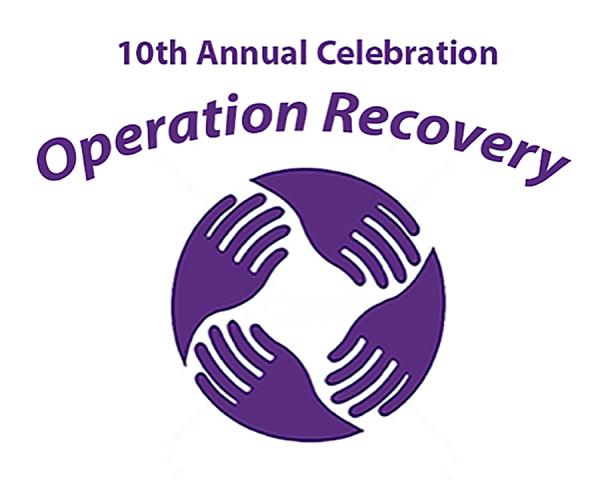Sabbatical Leads to Innovation – Creating a Collegiate Recovery Community
When Dr. Jonathan Lofgren, Addiction Counseling faculty, took a semester-long sabbatical in 2016 to study collegiate recovery programs, he had no idea he would be leading efforts on campus alongside his colleagues within a year.
“The purpose of my sabbatical was to study, design and plan the foundation to implement, sustain and institutionalize a College Recovery Program (CRP) at Minneapolis College,” said Jonathan, who spent nearly 20 years pursuing an education without a program like this to support his own recovery. “CRPs provide safe and welcoming environments where students in recovery from substance use disorders have access to the necessary support for academic, personal, professional and recovery success.”
According to research, college students make up one of the largest groups of drug abusers nationwide. Young people (ages 18 to 24) are already at a heightened risk of addiction and students who are enrolled in a full-time college program are twice as likely to abuse drugs and alcohol than those who don’t attend college.
“We can do something about this issue or simply leave our heads in the sand,” said Dr. Sharon Pierce, president, Minneapolis College, who whole-heartedly supports these efforts on campus.
The CRP, located in H.2100, provides access to individual, group and peer recovery alongside academic and personal support services. Programming includes an annual National Recovery Month Event, weekly All-Recovery meetings, weekly Mindfulness and 12-Step meetings and social and recovery support hours.
The CRP is a collaborative effort connecting the College as a whole, the College’s Addiction Counseling Academic Program, Student Affairs, Student Life, the Addiction Counseling Club and the Boynton Health Clinic on campus. The CRP relies heavy on student engagement and members receive a digitized coin, designed by Bayla McDougal, Addiction Counseling faculty, to recognize their involvement.
